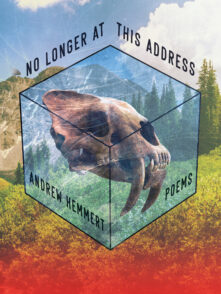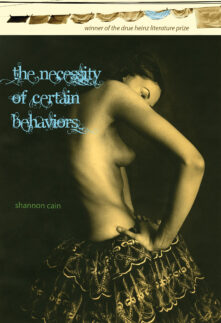Books

William Bartram’s Visual Wonders
The Drawings of an American Naturalist

Andy Warhol’s Mother
The Woman Behind the Artist

Investigations of Nature
Europe in a Global World, 1450-1780

Rehabilitate Marx!
The Czechoslovak Party Intelligentsia and Post-Stalinist Modernity

A Place in the World
Stories
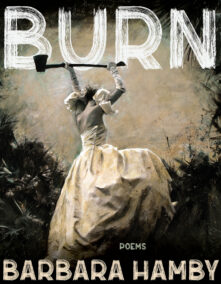
Burn
Poems

No Rhododendron
Poems

Galileo’s Fame
Science, Credibility, and Memory in the Seventeenth Century

Exoticizing Consumption
European Drug Cultures, 1670-1740
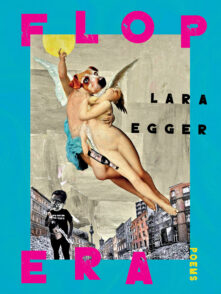
Flop Era
Poems

From Virile to Sterile
Science, Masculinity, and Modernity in Argentina, 1776–1852
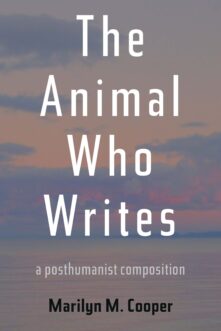
The Animal Who Writes
A Posthumanist Composition
Total 1557 results found.


